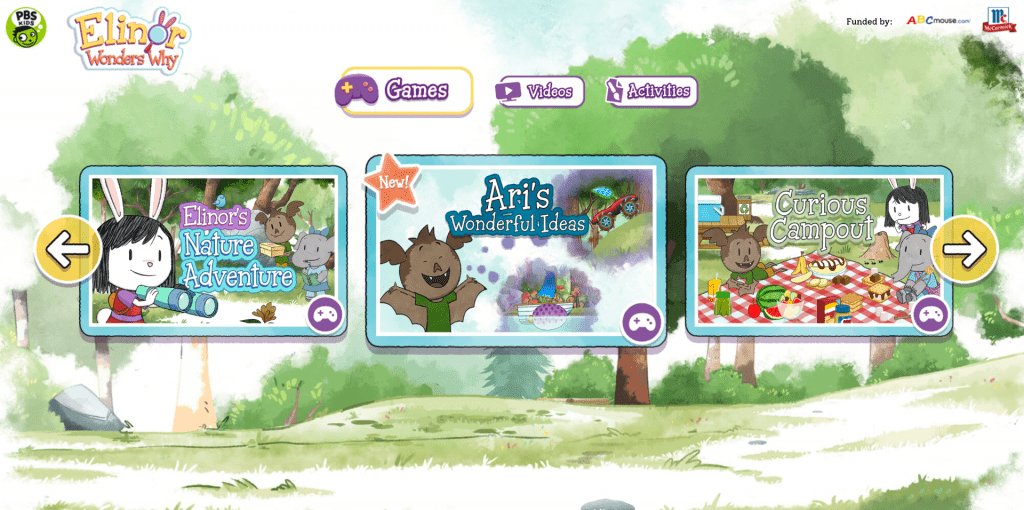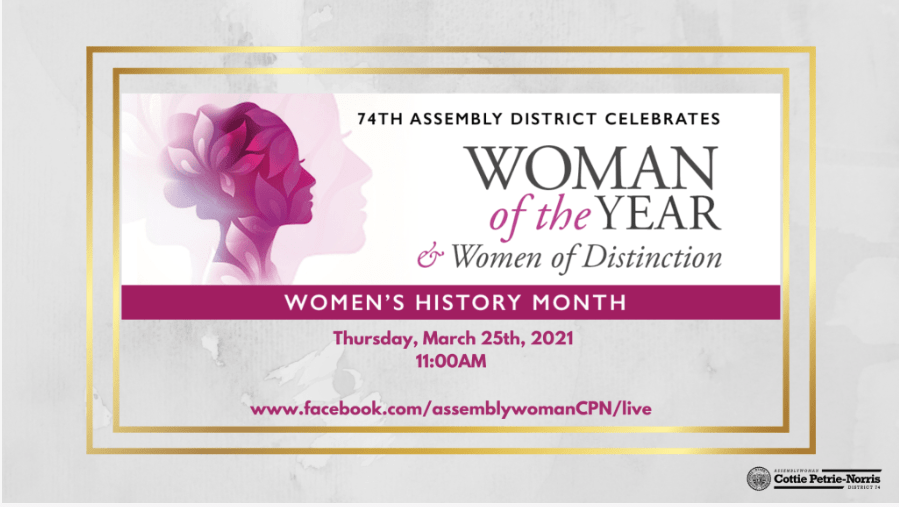For computer science in classrooms, the earlier the better
Visit to School of Education’s inclusive Digital Learning Lab impresses Bavarian legislators

Legislators packed into the School of Education’s Digital Learning Lab listened intently to Miranda Parker, a postdoctoral scholar who will become a San Diego State University assistant professor of computer science in the fall. After she described UCI-developed software that allows young learners to create and learn scientific concepts, the first question she received from a taxpayer protector is predictable.
“How much does it cost?”
“It’s free,” Parker answered, “and we’re also working to make professional development materials available free online as well.”
You could almost hear a “Wie bitte?” drop, because the 14-member delegation that came to the Digital Learning Lab for fact-finding mission on May 4 did not hail from Washington, D.C., or Sacramento, but from Munich, Germany.
“Computer Science for All” was Parker’s lesson for Bavarian State Parliament members, who learned about a curriculum that UCI provides to Santa Ana Unified School District fourth graders, with plans to expand the program to K-3 kids and fifth graders soon.
When Parker mentioned that the current young learners – who are mostly from low-income, Spanish-speaking households – are not only learning computer science but also doing better in English than their counterparts who don’t take the curriculum, one German dropped her mask to ask how long the program runs. The answer: about an hour a week throughout the school year.
Another asked, through the delegation’s translator Thomas Eckart, whether the curriculum could be expanded beyond its current scope of computational thinking and English literacy. He was informed the curriculum can be adapted for mathematics, history and other subjects.
Stefan Schneider, the German Consulate General of Los Angeles, who accompanied the delegation, said afterward he was “thrilled to learn about new approaches to education based upon the idea of inclusion.”
“We’re kind of firm believers that computer science is a foundational discipline,” explained Mark Warschauer, professor of education and informatics and director of the Digital Learning Lab, in an interview before the Bavarian visit. “That it’s not only for computational study and careers but for all areas of STEM, for all academic areas and really, for curriculum and instruction citizenry.”
Unfortunately, while some children in private or wealthy public schools learn at coding and robotics camps, others in less affluent neighborhoods have no access to computer science education, let alone actual computers. To see that no child is left behind, one school district at a time, the Digital Learning Lab works with eight Santa Ana schools as well as with partner universities assisting schoolchildren in Chicago and Boston. The key, Warschauer says, is beginning the education when kids are young.
“We feel that if you wait until high school for computer education, it’s too late,” he says. “By then kids’ identities, their interests, their capacities are already developed. There is a fair amount of stuff going on in elementary schools, but it’s one-off. It’s like everybody in the district is doing an hour of code once a year. We want to make it more systematic.”
Not that it’s easy. A major challenge is making sure teachers are educated in computer science. The Bavarians were told that many teachers are currently learning from the students.
“What elementary computing is all about is developing the curriculum and professional development so computer science can be taught to all students in California elementary schools,” Warschauer says. “Any teacher, with 20 to 30 hours of professional development in the summer, can learn to teach it.”
Another problem, especially in ethnically diverse school districts, is student proficiency in language and literacy, which is why the Digital Learning Lab has also launched other initiatives to support children’s language development. Noteworthy among these is the “Converse to Learn” project, which creates interactive versions of PBS KIDS science shows so that children can interact with their favorite characters.
“At this point, it’s kind of an out-of-school initiative,” Warschauer explained. “There could be ways of integration into the school curriculum later, but at the early stage, we recognized it is targeted at kids three to six or seven who come into school with unequal literacy, unequal language development, unequal science knowledge. Those inequalities tend to repeat themselves throughout the whole system. These kids are already behind in kindergarten. It’s a shame, it shouldn’t be that way, but the kids who are ahead or behind in kindergarten tend to stay that way.”
He says that he and his team sought to develop an AI-based program that was “meaningful and valuable. You know, educational television gets this. They try to make their shows as interactive as possible. That’s why ‘Dora the Explorer’ is asking the kids a question when they’re watching the TV. She is pausing, even though the actor voicing her doesn’t know what the kids are saying back to her. Otherwise, she could reinforce a wrong answer.
“We discovered this with our kids in the lab,” Warschauer added. “They love using Siri and Alexa and Google Assistant so much. And we said, ‘why not take advantage of this for educational purposes?’ So, we’re creating educational, truly interactive versions of the same shows that kids are watching on television. We’re partnering with PBS KIDS right now with a show called ‘Elinor Wonders Why,’ which is a smash hit.”

Daniel Whiteson, a UCI professor of physics and astronomy, co-created the Emmy-nominated “Elinor Wonders Why” with fellow writer and executive producer Jorge Cham, a cartoonist and former Caltech research associate. Besides working on the show featuring the titular curious bunny rabbit who teaches children about scientific exploration, the Digital Learning Lab is collaborating with PBS KIDS on another animated educational program called “Liza Loops,” which has an African American child and her robotic sidekick introducing children to computational thinking. A premiere date has not been announced.
“With both of these shows, we’re creating interactive versions of the episodes that kids can watch on an iPad or a laptop, and they can dialogue with the characters,” says Warschauer, who notes that National Science Foundation grants funded the lab’s work on this initiative.
“We did research with a few dozen kids and discovered they learn more science and more academic language interacting with the characters,” he said. “Then we got a much larger grant and now we’re producing versions of these that will be distributed on the PBS platforms. At the end of this grant, these interactive versions will be downloadable for millions of children throughout the country.”
Yet another project has the Digital Learning Lab partnering with “Sesame Street” to create interactive versions of e-books, with The Cookie Monster, Oscar the Grouch, and the rest of the gang talking to the kids and their families.
“There will be conversational prompts for the parents, so it’s kind of like it is for their kids,” Warschauer says. “Roz is cooking with her abuela in the e-book, and then the families are going to be asked, ‘What do you guys like to cook and eat together?’”
He is quick to point out that the Digital Learning Lab researchers are mindful of the fact that many children already have their faces in front of screens for far too much of the day. After Parker showed the German delegation a UCI-developed screen challenge for the younger set that features an animated fish and crab, she added that the curriculum includes “unplugged activities to get these students off the computer.”
There is some light coding education involved. “It’s more plug and play,” Warschauer says. “They are not going into JavaScript or something. It is choosing language examples – like if somebody says this, the response should be that. We are creating a special simplified interface, so they can learn about code by manipulating artificial intelligence.”
Berthold Rüth, the Bavarian State Parliament member who headed the delegation, said after his return home that the Digital Learning Lab presentation was a highlight of their visit to America.
“We had the special honor of being given an opportunity to visit Professor Mark Warschauer’s leading research institution, where his team informed us about its research results in the field of equal opportunities for students and where we had a chance to engage in in-depth discussion with the researchers,” said Rüth, who sits on the parliament’s Committee for Education and Culture. “To us, the presentation about play-based learning was particularly interesting, and we were able to bring many ideas back to Bavaria.”
If you want to learn more about supporting this or other activities at UCI, please visit the Brilliant Future website at https://brilliantfuture.uci.edu. Publicly launched on Oct. 4, 2019, the Brilliant Future campaign aims to raise awareness and support for UCI. By engaging 75,000 alumni and garnering $2 billion in philanthropic investment, UCI seeks to reach new heights of excellence in student success, health and wellness, research and more. The School of Education plays a vital role in the success of the campaign. Learn more by visiting https://brilliantfuture.uci.edu/school-of-education/.


